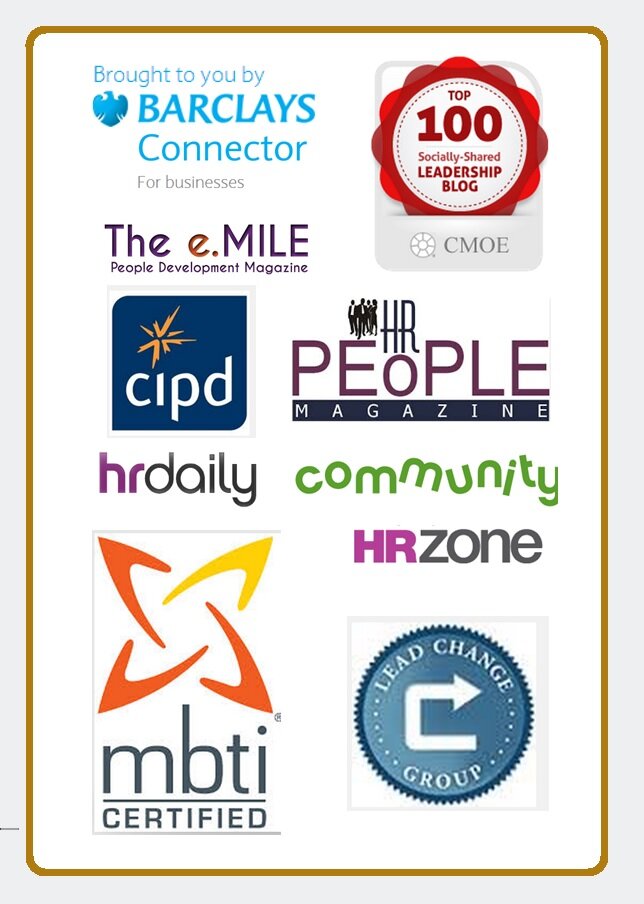 Leadership of the future will be all about mindset
Leadership of the future will be all about mindset
New Leaders will be at the forefront of creating paradigm shifts for themselves, their teams and followers. Not only will they lead by example, but they will show others through focused thinking and vision a brave new world.
There are certain ingredients which leaders and people in the development field must be aware of moving forward. The ingredients included vision, beliefs, thinking skills and emotional intelligence. Using those ingredients effectively requires a Mindset different than that which has gone before. is now proving what most people believed was impossible is actually true, based on scientific evidence. Very briefly and simply, this means:
- The universe is made up of pure energy
- We are all interconnected and part of that energy
- Energy is invisible, but what we what we pay attention, believe and think becomes our reality
- Every observer will create a different reality depending on their Mindset
There is really only one shift to be made which is the realisation of the infinite possibilities which exist. But it as rare as St. Paul’s “Road to Damascus” moment for the majority of us to make such a huge shift all at once. It takes time for most of us to let go of old and outworn beliefs and thoughts and replace them with new life affirming mind-sets.
For leaders of the future, the following seven shifts may be good places to start in the workplace. Shifting our attention from:
Sickness to Well-being
Concentrate and invest in physical, emotional and mental wellness. We will measure wellness and our activities will be centred around being well. We will celebrate wellness, and set targets around well-being. Focusing attention and energy upon absence and sickness simply creates more of the same.
Scarcity to Abundance
Instead of cutting costs or settling for second best or laying off employees for example; we will develop possibilities of generating ways to grow and increase wealth. Be generous and don’t allow fear or guilt about finances be the decision-maker. Realise wealth isn’t all about money. It is about an abundant mindset.
Limited to Unlimited
There are no right or wrong decisions or beliefs. There is just difference. Moving from limited beliefs and thinking can at first prove overwhelming when we realise there are infinite possibilities or paths to traverse. We are only limited in our achievements by our limited thinking and beliefs. we must listen to our intuition and dare to believe what we truly desire can be achieved.
Powerlessness to Power
We will empower ourselves, believing in our ability to create, and change our current reality. Accept our current reality without resisting or wishing away what is. Have faith and patience with the right Mindset we can make positive changes.
Competition to Excellence
Let go of the need to compare and compete with others, whether personally or in business. Concentrate instead on only doing the best we can understand there is a niche for everyone and a contribution for everyone to make. We will focus on doing our best, not coming first.
Profit to Contribution
It matters not about the size of the contribution as long as it is authentic and borne of a desire to make a difference. ~We will shift from how much profit to how much of a contribution we make. It is the energy of contribution honestly made meeting a real need which is paramount. When we concentrate on contribution and make it a brilliant one, the energy will bring abundance.
Management to Relationship
Relationships are going to be the main focus for the future. Relationships built on mutual understanding, equal responsibilities, agreed roles, with built in accountability for fair reward. It is a mutual and agreed relationship of give and take, which returns energies of contribution with those of reward.
If you are a leader, you are continually developing and "Sharpening the Saw". If you lead and manage teams, then you must read about our Inspirational New Leadership Programme. Sign up now to find out more details when we launch in July 2014. There is no obligation to undertake the programme, if you sign up today, you will simply be sent more information about the programme. You can unsubscribe at any time! Click below to register for further information.






